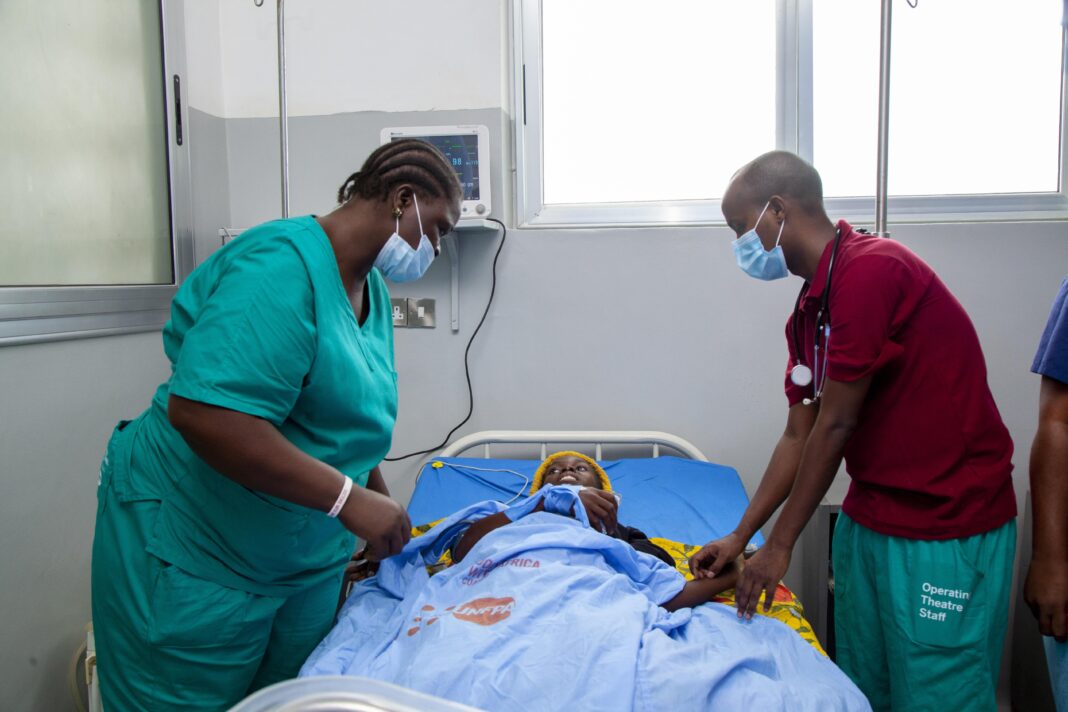Amid growing national concern over the Mpox outbreak in Sierra Leone, frontline health workers at Bo Government Hospital are raising alarm over a critical shortage of essential medical supplies and the worsening collapse of the country’s public health system.
Several workers at the regional hospital, speaking anonymously to public review described dire conditions that have turned basic patient care into a daily struggle. From a lack of blood pressure machines and thermometers to a dangerous scarcity of gloves, soap, and hand sanitizers, staff say they are operating with barely the minimum tools required for safe and effective medical practice.
“We move from ward to ward to borrow BP machines. Gloves are a luxury,” one worker explained. “We are exposed every day to infections, and it’s not just us — our families are also at risk when we go home.”
This is not just a matter of poor planning, but a systemic collapse driven by years of underinvestment, mismanagement, and rampant corruption within the Ministry of Health and Sanitation. While donor funds continue to pour into Sierra Leone’s healthcare sector, little of it appears to trickle down to where it matters most — the hospitals, clinics, and community health centers serving the country’s most vulnerable citizens.
The situation at Bo Government Hospital, a major referral center for the southern region, is emblematic of the nationwide decay. Health workers complain of erratic electricity and water supply. Some wards rely on solar power while others depend on the unreliable national grid. In emergencies, staff say they are often forced to use mobile phone flashlights to examine patients.
“We are being abused by patients who accuse us of selling gloves, but we don’t even have enough to use ourselves,” said another staff member. “We want to help. But how can we treat people without basic tools?”
The Mpox outbreak has only intensified scrutiny. With cases slowly rising and the hospital seen as a frontline responder, residents of Bo are questioning the government’s capacity to respond. “If this hospital cannot provide soap and gloves, how can it handle a viral outbreak?” asked a local community leader.
Meanwhile, healthcare workers continue to toil under appalling conditions. Nurses and junior doctors earn salaries far below regional standards — often delayed, and without housing or transportation allowances. The government’s failure to pay decent wages has led to low morale, brain drain, and sometimes outright absenteeism, as demotivated professionals seek opportunities abroad or in the private sector.
Despite numerous international partnerships and funding commitments — including from the World Bank, Global Fund, and WHO — little accountability exists for how resources are used. A former health ministry insider described a “culture of impunity,” where procurement fraud, ghost workers, and inflated contracts drain vital funds while public hospitals like the one in Bo are left to rot.
“The money comes in,” said a retired health official, “but the people never see the benefits. It gets stuck at the top, and what’s left is a shell of a health system that keeps collapsing on itself.”
Attempts by Public Review to get an official response from the Bo Government Hospital were unsuccessful. Secretary Edward Belmon declined to comment when contacted.
As the government struggles to present an image of progress in healthcare delivery, the reality for frontline workers and patients tells a different story — one of disrepair, danger, and despair. For many in Bo and beyond, Sierra Leone’s health system is not just broken — it is bleeding.
By Hawanatu Moiwo Kaikai



